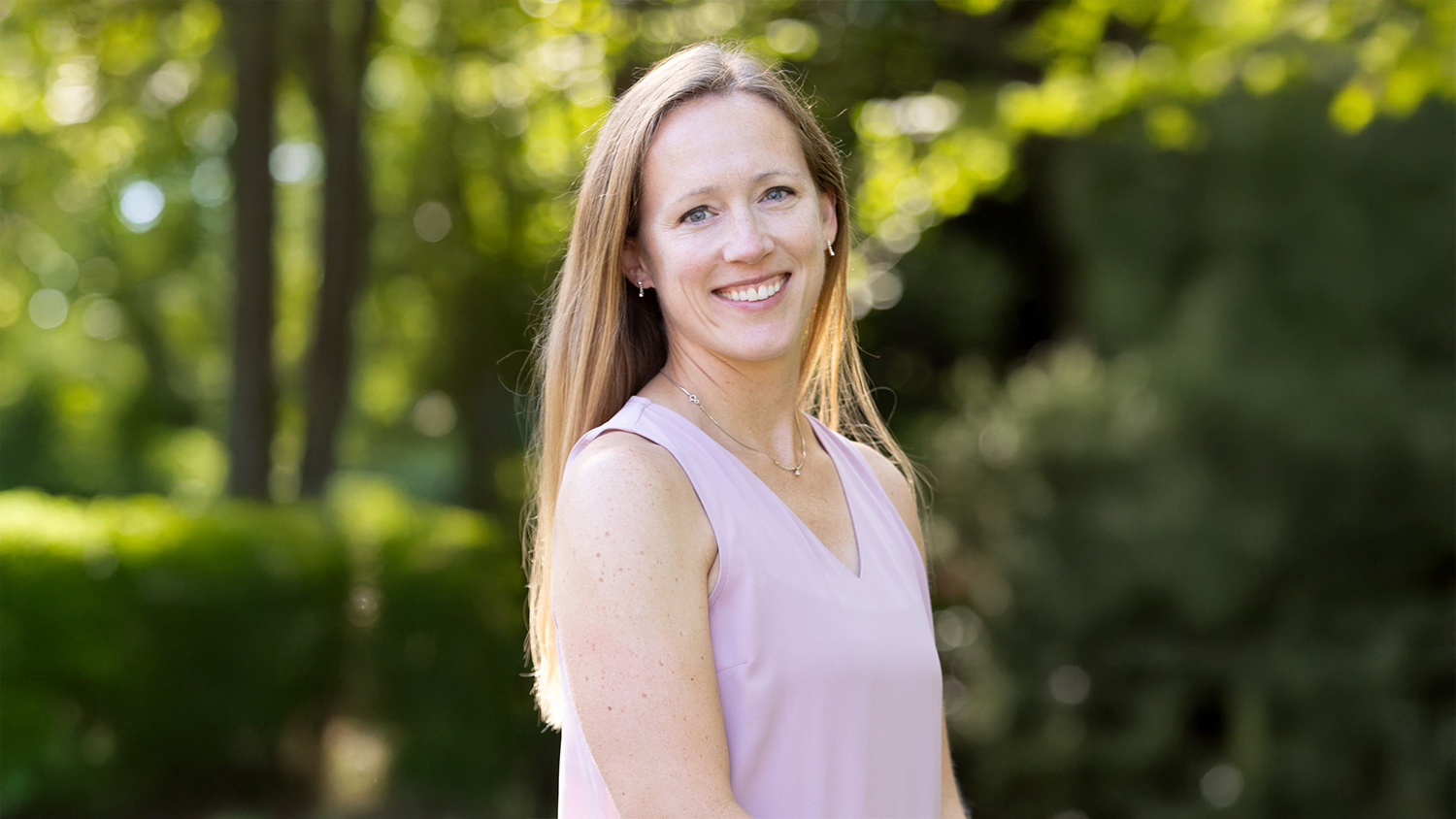Class of 2022 Quantitative Literacy Assessment Now Open
Students should check their email for information about completing this assessment, which is available through March 4.

There are five skills that all NC State students should develop before they graduate, and these skills are known as the Pack Proficiencies. Faculty and staff regularly assess student achievement in the Pack Proficiency areas. This spring, graduating seniors are invited to participate in the Class of 2022 Senior Assessment of quantitative literacy. Students should check their email for information about completing this assessment from before March 4. Learn more about the senior assessment below.

Why Quantitative Literacy?
NC State assesses the Pack Proficiencies on a three-year cycle. This year (2021-22) we are assessing students in the area of quantitative literacy. First-year students completed the assessment in the fall in their Health and Exercise Studies course. In spring 2022, DASA Assessment, the Office of Assessment and Accreditation, and faculty across campus have partnered to administer a quantitative literacy assessment to graduating seniors in order to better understand student learning.
Quantitative literacy is a “habit of mind” competency and comfort working with quantitative data. Individuals with strong quantitative literacy skills possess the ability to reason and solve quantitative problems from a wide array of authentic contexts and everyday life situations; the understanding and creation of sophisticated arguments supported by quantitative evidence; and the ability to clearly communicate those arguments in a variety of formats using words, tables, graphs and mathematical equations as appropriate. These are skills for lifelong success no matter a student’s major.
NC State faculty recognize quantitative literacy as a skill that is relevant to all students beyond graduation. Jonathan Williams, assistant professor in the Department of Statistics, described quantitative literacy as “a concept that is relatively under-recognized as a basic skill for navigating the professional and personal challenges that humans face as we interact in society today. The technology that supports the modern world we live in relies heavily on quantitative ideas, logic and processes. Surely this includes understanding how to assess risk (e.g., weighing risks of lifestyle choices based on public health statistics relating to chronic disease, mortality rates, etc.) and to manage personal finances, but those are the obvious life categories that require quantitative literacy to varying degrees.”
Students will also find themselves utilizing quantitative literacy skills in their everyday lives. As Williams describes, “Quantitative literacy skills are essential to understanding why you may or may not qualify for a car loan or a mortgage on a house (not qualifying for a loan/mortgage is a major barrier to class mobility in this country), for understanding whether public/private models for health/life/car insurance seem sustainable (we may need voters to decide to reform these systems for our society to survive), for understanding the distinction between anecdotal versus scientific evidence when making judgments (the pandemic is a perfect example of this), etc.”
What Does the Quantitative Literacy Assessment Involve?
The quantitative literacy assessment is virtual and available for students to complete any time they choose before March 4. The assessment is timed at 45 minutes and includes 25 questions designed to measure students’ abilities in mathematical reasoning, data interpretation and more. Students who complete the assessment are entered for a chance to win prizes including a graduation photoshoot with Mr. Wuf and digital Amazon gift cards. This semester, assessment staff have partnered with over 32 faculty from eight NC State colleges to administer the assessment to their classes. The results from the assessment are shared in aggregate to help faculty and administrators make decisions to continuously improve undergraduate education at NC State.
How Can Faculty Help Increase Senior Participation?
All instructors who teach upper-level courses with seniors can help by spreading the word to their students about the importance of giving back to the university through their participation. Please encourage your students to check their email for the Senior Assessment registration link. Faculty may also ask their students to complete the assessment in-class or as homework.
Samantha Rich, director of DASA Assessment, encouraged faculty to recruit their seniors to complete the assessment stating, “It’s important that as many seniors as possible participate in this assessment so that we can have a more complete picture of our graduates’ quantitative literacy skills. When we get strong participation from across the university, we can be more confident that our results are representative of the full Wolfpack, and therefore more confident in the decisions we make using those data.”
Seniors were invited by email to complete the assessment and will continue to receive email reminders until spring break. Any questions should be directed to DASA Assessment at dasa-assessment@ncsu.edu.


